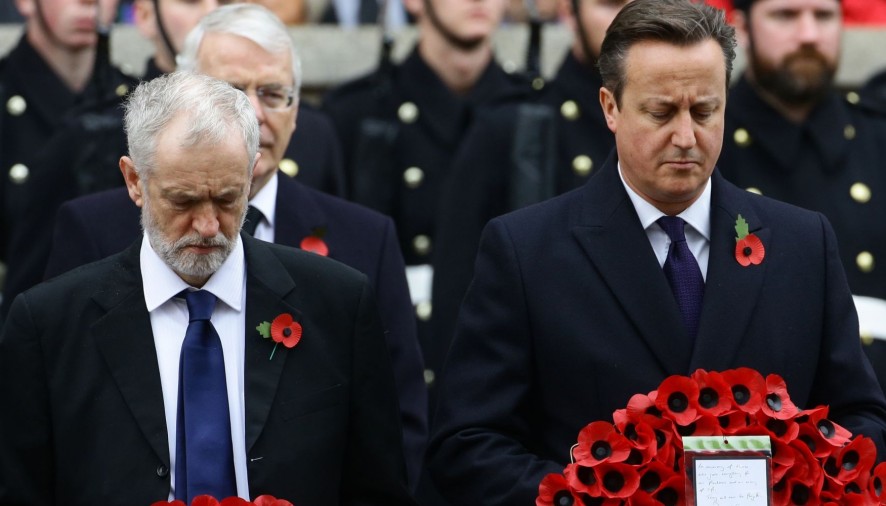Having just passed another anniversary of Armistice Day and the remembrance ceremonies that accompany it, the tide of red poppies that embellished the nation’s lapels has begun to subside. Given the almost dutiful nature with which people wear their poppies, you would think that they know exactly what it represents; a sign of remembrance and respect for those who have given their lives, and continue to give their lives, fighting for our country. It is these brave men and women who have made the ultimate sacrifice fighting against hatred and fascism (albeit not always given the circumstances of some of Britain’s wars, though this can be no reflection upon our armed forces but the governments who command them) that we seek to commemorate when we don the poppy. But it seems that the poppy is increasingly being utilised to enforce political and ideological agendas, despite the fact that the British Legion have made it clear that the poppy is neither a sign of support for war nor a reflection of politics or religion.
Right-wing groups such as Britain First have capitalised on the appeal of the poppy to try and promote nationalism with a xenophobic undertone. (Of course, this group of thugs would quite like us to forget that 400,000 Muslims fought for Britain in WWI). There was outrage when Britain First posted an image of two of their members stood either side of two young sea cadets who were selling poppies and claimed to be “guarding” them as part of their “Protect the Poppy” day of action. It’s nauseating, to say the least, to see such deceitful, cowardly racists attempting to hijack a symbol commemorating those who fought and continue to fight against exactly the sort of values that these thugs champion: intolerance, hatred, persecution of minorities and extreme nationalism.
There is a prevailing mindset amongst some people that a support of the armed forces and of remembering the sacrifices they have made entails a support of all campaigns that the armed forces are engaged in. This is something that has been picked up on and is being exploited by those who wish to push a political agenda, e.g., the commencement of a bombing campaign in Syria. This has led to many, including 92-year-old WWII veteran Harry Leslie Smith, ceasing to wear a poppy. But should one elect not to wear a poppy, they then face being perceived as hateful and unpatriotic. This attitude was recently epitomised by Barbara Windsor who, when asked what she would say to those who choose not to wear a poppy, replied that they can “sod off”. The fact that the poppy represents the remembrance of those who fought against fascism, one can’t help but taste a bitter irony in persecuting people for exercising their freedom of choice not to sport a symbol on their attire.
To wear a poppy is not a sincere sign of respect if you flout the principles that young men and women died for. We should remember this, and embrace the values they fought for and reject those they fought against, when we remember them.
Liam Kerrigan
[Image: Camera Press]

